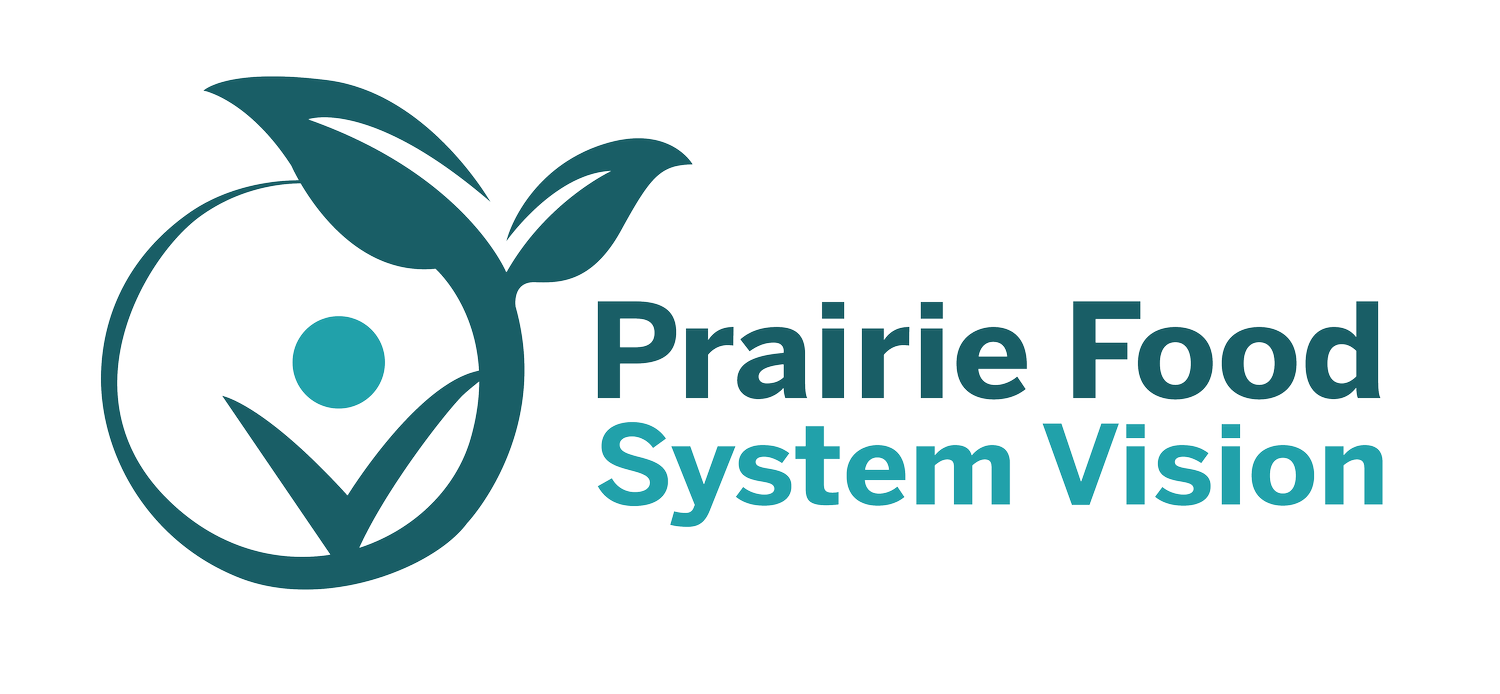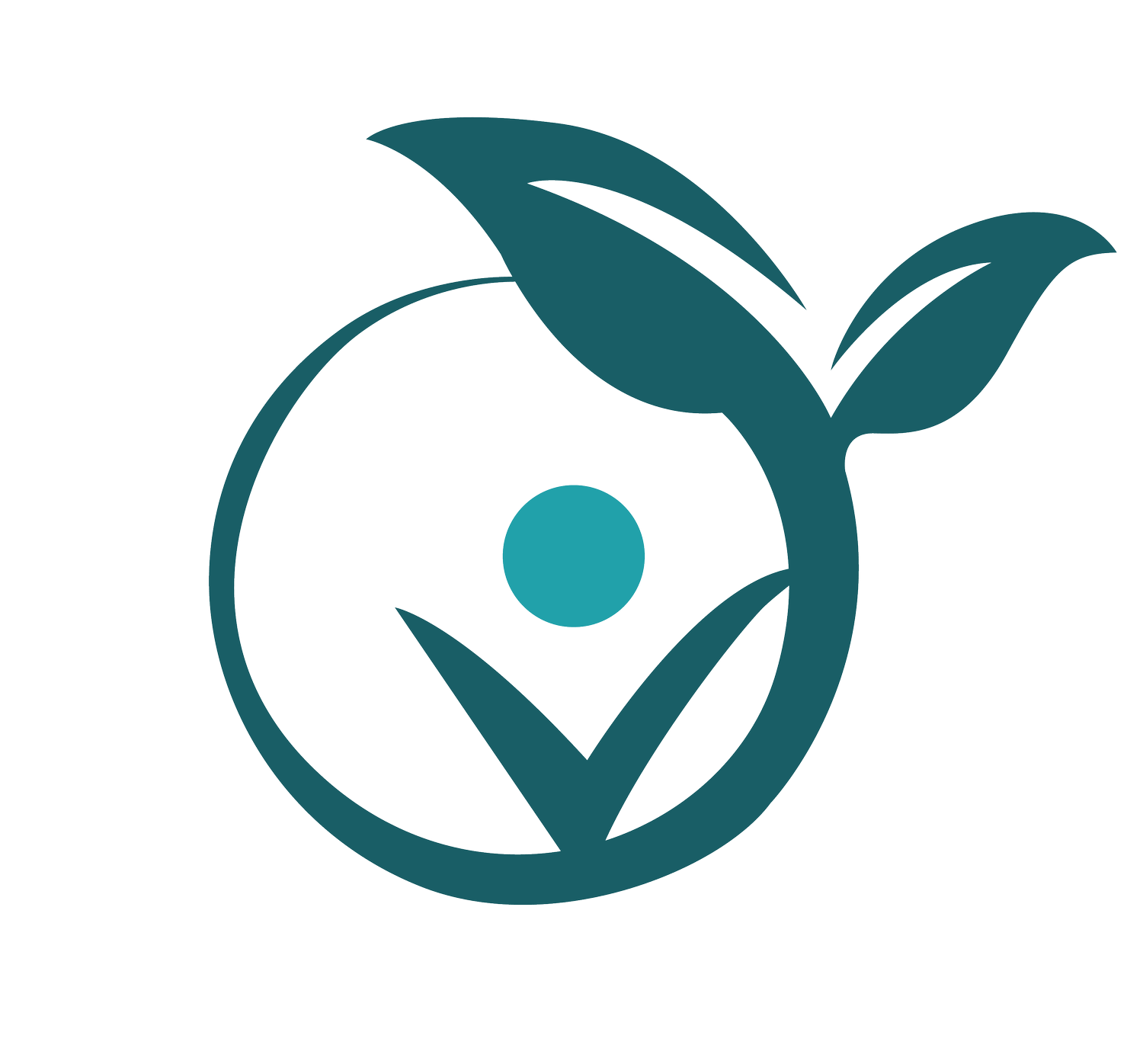
Food Systems Microgrants Program
The Prairie Food System Vision Network piloted a Food Systems Microgrants Program to provide funding to support the social-ecological transformation of food systems across the Prairies. This investment encourages innovation, self-determination, community development, and capacity building by and for communities, with the goal of achieving food sovereignty.
Microgrant Projects Funded in 2023
Young Agrarians Prairie Mixer: A Gathering For Social -Ecological Transformation On The Prairies
Agrarians Foundation | Young Agrarians | Saskatchewan | $7,000
The Young Agrarian’s (YA’s) Prairie Mixer is a multi-day educational event that is part of YA’s Grow-A-Farmer strategy that catalyzes the new farmer community in the Prairies to build a strong network of new farmers. Participants begin to reconcile Treaty relations, participate in participatory discussions on growing food in just and healthy ways, explore how social-ecological transformation is possible in rural Prairie landscapes, how to grow food for a diverse, equitable and sustainable food system, and how to achieve food sovereignty. The Mixer supports farmers to become more active in ecological and social aspects of farming and amplifies the work of equity-deserving farmers including people living with disabilities, Indigenous Peoples, BIPOC, 2SLGBTQIA+ and new Canadians.
Connect: youngagrarians.org | FACEBOOK | TWITTER | INSTAGRAM
Stewards of the Land
Ahtahkakoop Cree Nation 104 | Shell Lake, SK | $10,000
Supporting families to grow gardens increased food sovereignty and capacity building by encouraging environmental stewardship, social wellbeing and agricultural knowledge sharing by project leaders and local farmers with youth, elders and community members.
The market garden flourished, enabling the provision of food for low or no cost to community members, elders and school cooking programs. Four raised garden beds were built for the elders and twenty families have a tilled garden bed, tools, seeds and tillers. Reinvigoration of the Market Garden led to increased community engagement and relationship building including the Ahtahkakoop School participating in the project. There is an increased interest by youth to start their own gardens and a plan to expand the number of gardens in the community by breaking more land to prepare for the next planting season.
Connect: ahtahkakoop.ca
Brokenhead Ojibway Nation - East Resource Centre
BON - Agricultural Project | Scanterbury, MB | $10,000
The majority of on reserve members were reached through collaboration and engagement with community members, youth and elders. Continuing immersive educational experiences through cultural and land-based programming including traditional food cultivation, preparation, and preservation supports a healthier, more sustainable future.
The community garden and 177 orchard trees were planted which will add fresh local vegetables and fruit and provide economic development and food sovereignty through steady nutritional food sources for the community for generations to come. Infrastructure was improved through the addition of Hydro, repairs, winterization and operationalization of the pump house.
Small Axe Goat Pasture Project
Jordan Schultz | Borden, SK | $10,000
The Small Axe Goat Pasture has acquired strong, healthy goat breeding stock and installed fencing in the pasture to increase access to locally produced goat meat. Converting a garage into a butcher shop and meat processing facility keeps skills within the community and supports knowledge sharing through every part of the animal rearing process. The project supports Afro-Caribbean communities and other groups of new Canadians by producing high quality, local, culturally-relevant and sustainable food. The vision is to educate and encourage young BIPOC (Black, Indigenous and People of Colour) farmers on the Prairies. It addresses a large gap in the food and racial justice movement by inspiring other young BIPOC community members to consider farming in the Prairies as a viable career and lifestyle. Providing culturally relevant foods and developing ties with food enthusiasts strengthens food security and food sovereignty in Saskatchewan.
Carry the Kettle First Nation
CTK Community Orchard | Sintaluta, SK | $9,978
Elders were consulted on the placement of the orchard, the land was prepared, fencing was installed and the orchard was planted by youth and community members. There is now an additional source of berries in the community including raspberries, pincherries, gooseberries, high bush cranberries, haskaps, saskatoons, blueberries, cherries, chokecherries, and apples. The berries can be easily accessed by the children of the daycare, health centre, elders and youth of the school.
The orchard is a gathering place for band members and helps preserve traditional knowledge and language. It provides a free food source to people and birds in the community. Additionally, the orchard is a place of learning and preserving traditional First Nations methods of food production including dehydration and mixing berries with meat and fat. This unique traditional way of processing and storing food helps to preserve traditional knowledge and acts as a space where older generations can interact with the youth of the community. This has long term applications for food security for isolated rural populations and supports the revival of traditional cultural practices, promoting a sense of pride, inclusion, and well-being for members of the community now and for future generations.
Muskowekwan Family Healing & Wellness Centre Inc.
Healthy Families Eat Healthy Foods! | Lestock, SK | $8,615
A garden plot was established with fruit bushes and a variety of vegetables. Clients of the Wellness Centre worked in the garden as part of their therapy and gardening will continue to be promoted as part of the land-based healing therapy for clients.
The garden plot will be used in the future to create meals with locally produced food. Beautification and attracting pollinators are goals for next year which will be accomplished by planting flowers and herbs. Young community members who participated in the gardening process learned new skills and knowledge, including planning, preparing, harvesting and canning – they were inspired and are looking forward to gardening in the spring.
Much was learned over the summer about what worked, what didn’t and how to improve production in the future. Problem-solving in terms of dealing with wildlife and access to water was part of the learning curve – the community brainstormed and worked together to overcome challenges. A community member built a compost bin for the garden.
Capacity building towards reclaiming food sovereignty:
Running a project-based Indigenous-led permaculture education program
Kawéchiwasik Development Corporation (KDC) | York Factory First Nation |
York Landing, MB | $10,000
Rooted in traditional and spiritual beliefs, land-based learning and traditional knowledge of local resources and harvesting, this Indigenous-led permaculture education program builds capacity to reclaim food security. Through applied Indigenous education with a focus on cultural identity and the Cree language, youth learn sustainable ways of living for improved livelihoods and well-being. Indigenous-led and community-based, cultural teachings are embedded into permaculture design as the base of an education model for northern First Nations to secure healthy and fresh food, reclaim food sovereignty, catalyze economic reconciliation and adapt to the negative impacts of climate change in northern Manitoba. Activities include: a permaculture design workshop, sustainable farm planning, curriculum development for post-secondary programming on Indigenous food systems, language revitalization, and piloting a community greenhouse garden. The greenhouse provides a gathering place where community members, youth, and Elders can merge local knowledge with specialists’ expertise to learn about healthy foods, to gain and transfer food knowledge, permaculture principles, and modern practices for harvesting, fishing, trapping, and raising livestock.
Assist in Food Security Through a Community Garden
Little Black Bear's Band | Fort Qu’Appelle, SK | $10,000
The impact of climate change, the pandemic and supply chain issues have encouraged the community to focus on food security as a goal for sustainability as a viable community. There is now an expectation among community members that food security processes can and will be developed - a thriving garden brings a sense of accomplishment and demonstrates the ability of members to work together to achieve a desired objective.
A planting day was organized and was well attended. The community and band were supportive of the garden and lessons learned will be put to good use next year. The planning process for next year’s gardens will begin this fall, and will be a part of the monthly committee meeting and the long-term planning.
Infrastructure was developed including a garden building with solar panels that will house a nursery and act as a storage facility for tools and other equipment. The project had a unifying effect on the community, bringing together the Elders Circle, the Women's Circle, and the Youth Circle for a common cause, in particular to bring the Elders in closer communication with the youth.
Connect: littleblackbear.ca
Nourishing Our Foundations
One School One Farm Shelterbelt Project | Saskatoon, SK | $10,000
One School One Farm builds relationships between people of diverse races, cultures, abilities, and knowledge systems for the purpose of a more positive future for all youth. The Shelterbelt Project bridges the gap between ecological and social and between urban and rural communities. Working with youth from grades one to eleven in partnership with land stewards (farmers, First Nations, restoration projects), the focus is on building relationships between people and the land as well as increasing student optimism and joy. Ecologically, increasing biodiversity and decreasing the effects of climate change increases food sovereignty and food security. By planting biodiverse eco-buffer shelterbelts, wildlife corridors and prairie strips, pollinators and beneficial insects can flourish and carbon will be sequestered. The result is water transpiration, reduced erosion and increased soil health and microbial diversity. Providing materials and equipment such as mulch, tools, prairie flowers and grasses, trees and shrubs, as well as classroom growing systems including lights, shelving, and peat-free potting soil supports students and farmers alike.
Connect: oneschoolonefarm.com | FACEBOOK
Community Garden for Fresh Fruit, Veggies & Medicines for a Healthier Future
Sturgeon Lake Health Center | Sturgeon Lake, SK | $10,000
The expansion of the community garden and installation of watering infrastructure in the greenhouses increases the production of nutritious, affordable fresh foods and promotes healthy lifestyles. Increased engagement and involvement in the garden and greenhouses encourages the exploration of the relationship between people, plants, traditional medicines, and the land. Creating opportunities for increased physical activity through gardening and encouraging people to spend more time in nature improves both physical and mental health outcomes. The creation of a beautiful gathering space for community members with benches, chairs and a gazebo offers a haven-a safe place where families can relax, take a mental break, and enjoy nature. Relationships between elders and youth are supported by exploring roles and responsibilities as caretakers of the land, strengthening the connection to the land as it relates to ecological responsibility, respect for the land, and First Nation’s history.
Connect: sturgeonlake.ca | FACEBOOK
South Saskatchewan Independent Living Centre
Harvesting Hope: Inclusive Gardening Experience for the Persons with Disabilities |
Regina, SK | $2,933
The project provided persons with disabilities the opportunity to actively participate in the community gardening process. Consumers gained skills and knowledge about the benefits of community gardening including ways to improve health and wellbeing as well as raising awareness among community partners about the importance of inclusive community gardening. The creation of an inclusive and accessible community garden space promoted healthy and sustainable food production and fostered social inclusion, community building, and empowerment. SSILC garden participants were very mindful of the impact on the environment - from water usage and the use of straw bales to combating weeds by using hoes and hand shovels to combat weeds instead of harmful herbicides. Planting day took place in May 2023, the Garden Grand Opening in June 2023, and a wrap-up luncheon was held in October, 2023. The garden harvest was provided to SSILC consumers, the Regina Food Bank and the Community Cupboards. How to Start a Garden Brochures were developed and distributed to further encourage interest in gardening and food security.












